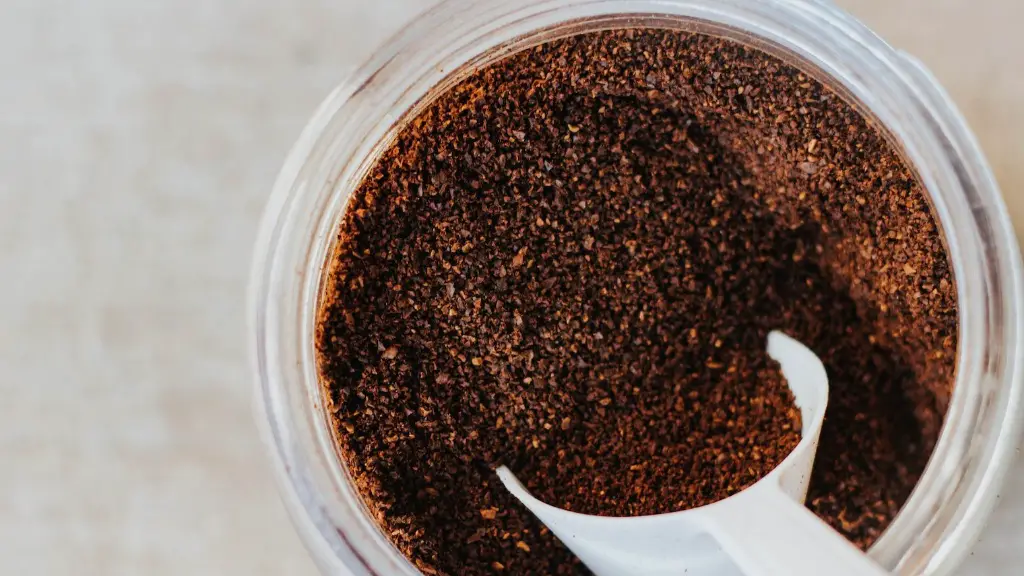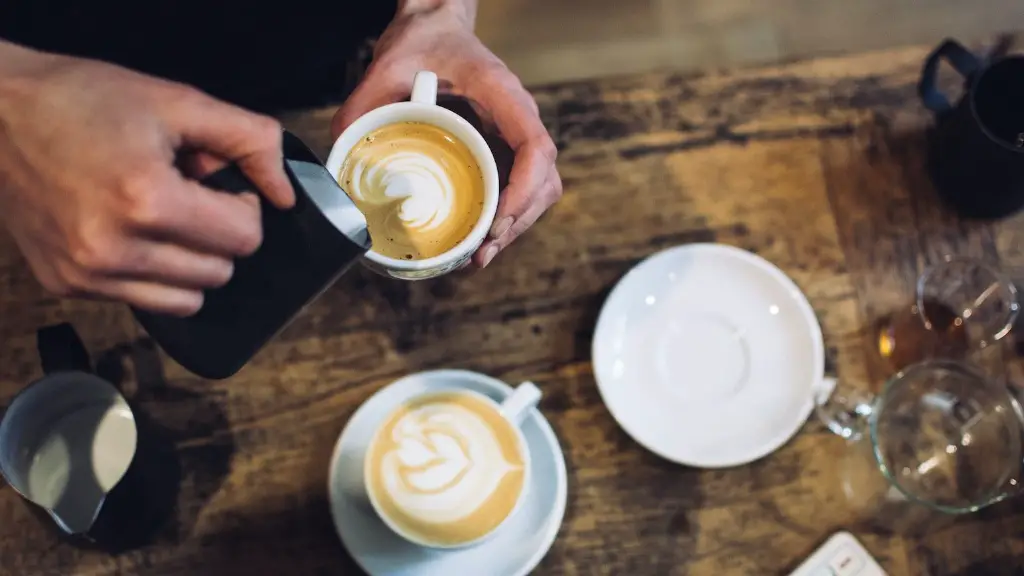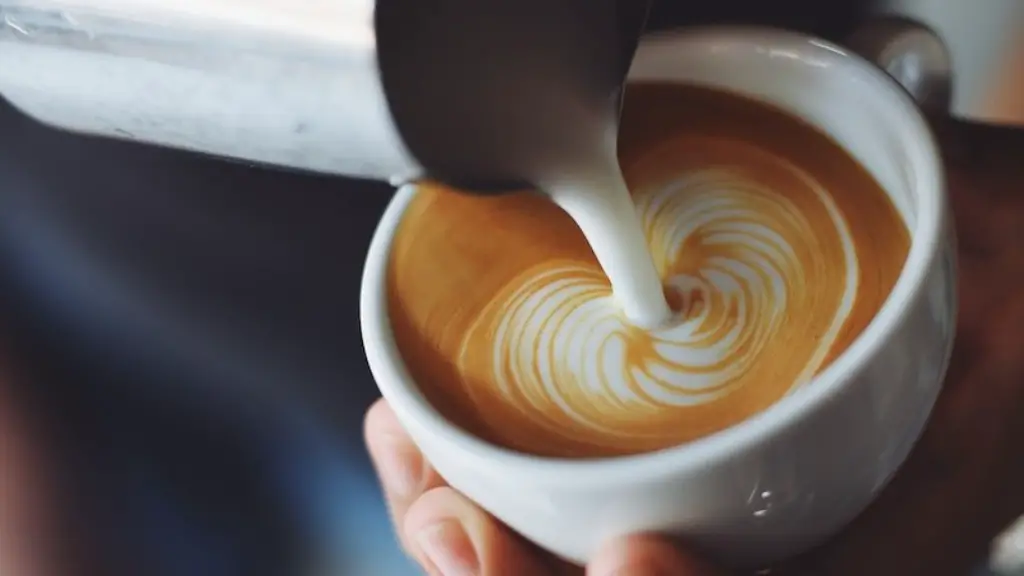Brewing the perfect cup of coffee can be a difficult task, but a few simple tips can help you make the tastiest cup of java. One of the most important things to consider is the ratio of coffee to water. Depending on the type of coffee you are using, you may need to adjust this ratio to get the desired flavor. Generally speaking, a good starting point is to use 1-2 tablespoons of ground coffee per 8 ounces of water.
Another important factor to consider is the temperature of the water. Different types of coffee require different brewing temperatures, and depending on the temperature, it can make a big difference in the flavor of the final cup. Boiling water is usually too hot, while cold water will extract too little flavor from the coffee. The sweet spot is generally somewhere between 195 to 205 degrees, although this can vary depending on the type of coffee and the method of brewing.9
Finally, it’s important to remember that the quality of the coffee beans is key. If you’re buying pre-ground coffee, make sure it’s fresh and of a good quality. If you’re grinding your own beans, be sure to use the correct grind size for the brewing method you’re using. The grind size will also play an important role in the flavor of the final cup so it’s important to get it right. 10
Health Benefits of Coffee
Some studies suggest that coffee can benefit many aspects of your health, both mental and physical. One study found that regular coffee consumption was associated with a lower risk of death from all cardiovascular-related causes such as stroke and coronary artery disease.11
Coffee consumption is associated with lower levels of inflammation, which can help reduce the risk of developing chronic diseases. A growing body of research has also linked coffee consumption to a lower risk of type 2 diabetes and some types of cancer. Studies have also found that coffee consumption can improve focus, mood, and alertness.12
In general, coffee consumption is associated with several potential health benefits. However, some of these benefits can vary greatly depending on how the coffee is prepared, how much is consumed, and other factors such as the person’s overall health, lifestyle, and dietary habits. For example, if a person is already taking certain medications, it could interact negatively with caffeine so it’s important to make sure that their coffee consumption is appropriate for their individual circumstances.13
It’s important to note that the health benefits of coffee can vary from person to person. Some people may find that coffee helps them to stay alert and focused, while others may find that it makes them feel anxious or irritable. In general, it’s important to pay attention to how you react to coffee and adjust your consumption accordingly.14
The bottom line is that coffee can be part of a healthy lifestyle if consumed responsibly and in moderation. Taking the time to understand your own health and lifestyle needs is the best way to ensure that you’re getting the most out of your cup of joe.
Side Effects Of Coffee
In addition to the potential health benefits of coffee, there are also some possible side effects that should be taken into consideration. Too much caffeine can cause jitters, headaches, insomnia, and other negative side effects. Some people may also be prone to dehydration from drinking too much coffee, or from caffeine’s diuretic effect. 15
Regularly drinking large amounts of coffee over an extended period of time can lead to caffeine dependence and tolerance. This means that as your body gets used to the level of caffeine in your system, it’ll take more and more to get the same effects. When you stop consuming caffeine, you may experience fatigue and other withdrawal symptoms, such as headache and irritability.16
Coffee can also interfere with certain medications, such as some antidepressants and even birth control pills. It’s important to speak to your doctor if you’re taking any medications and are thinking about increasing your coffee intake.17
Finally, coffee can be acidic and too much of it can lead to digestive issues. This can be especially true for people who are sensitive to coffee’s acidic nature. If you experience digestive issues after drinking coffee, it’s best to limit your consumption or try cold brew or actual coffee with milk.18
In conclusion, coffee can be a healthy part of your lifestyle if consumed in moderation and with consideration for your individual needs and sensitivities.
Fun Ways To Enjoy A Cup Of Coffee
Coffee is a versatile drink, and there are many different ways to enjoy it. For those who prefer a cold drink, cold brew can be a great option. Cold brew coffee is smoother and less acidic than regular coffee, and it can be made ahead of time and kept in the fridge for a few days. Another option is to make iced coffee with cold brew concentrate and add milk or cream. Or for a sweeter treat, you can make your own frappes or frappe-style drinks by blending coffee, ice, and other ingredients in a blender.19
It’s also possible to make coffee-based cocktails. There are classic espresso martinis as well as more creative takes such as coffee Negroni and Irish coffee. And if you’re feeling adventurous, you can even try your hand at making coffee liqueur, either with or without alcohol.
Coffee can also be used in cooking and baking. Try making a coffee-rubbed steak for a delicious dinner, or add a shot of espresso to a cake for a delicious twist. You can even use coffee in savory dishes such as soups and stews for added depth and flavor. 20
Finally, coffee can also be used to make simple but delicious drinks like chai lattes, cappuccinos and macchiatos. There are countless unique coffee drinks to choose from, so try something new and experiment with flavors!





